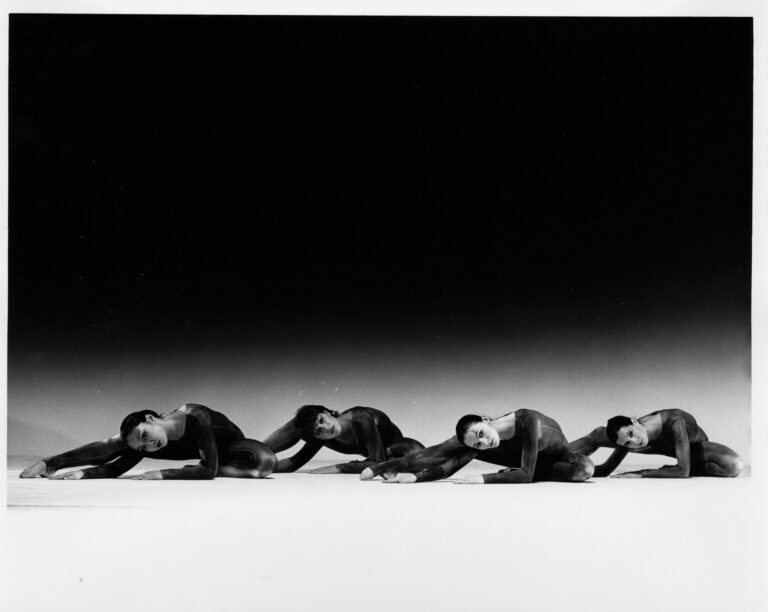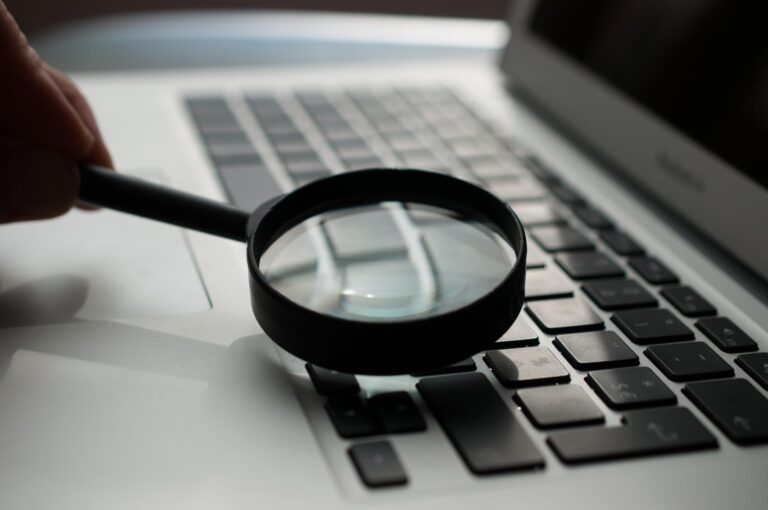DCD Live Lab
Thank you to all of you who joined in with DCD’s first LiveLab. It was great to see so many new faces and such a mix of people, from students and archivists to dancers and academics.
The LiveLab was led by Gavin Starks, Director of Dgen. Gavin started by explaining that the LiveLabs are an experimental space, that there are no ‘wrong ideas’ or stupid questions’. Play is encouraged, as are anecdotes, real world stories and needs.
Gavin asked us to consider the question, ‘What is a website?’. You may like to reflect on this further by considering ‘What is the purpose of a website?’. DCD has a website, and also Instagram, Twitter, Facebook, YouTube and FLICKR. What DCD is, exists in more than one place. DCD is a blend between the physical and the digital. This is the case for most organisations now, yet most organisational websites reflect the physical organisation not the digital and they rarely reflect the users. We need to think about where the users are and how to engage with them.
Gavin then offered us some provocations:
- Is it just for DCD to decide how and who adds the information to the DCD collection?
- Should DCD be simply a broadcaster for information or an aggregator also?
Gavin then demonstrated the latest updates to DCD Discover
It is now possible to search using items, tagging and by tag cloud. All these developments have made DCD Discover quick and easy to search, and provide different ways to search. It was observed that often searching does not give us what we want, which is one reason for adding searching via tags.
After seeing DCD Discover in action, we had an active and very interesting discussion around Artificial Intelligence [AI]. One question was ‘ Can we teach the AI to search DCD Discover to look for ‘famous faces’ and/or landmarks?’. Marcus Binton, our developer, replied that Google is already doing this, as part of Google Image search. DCD Discover can take this technology and ‘train’ it. DCD Discover does not need to re-invent technology. It can use what is already available. Equally important is that DCD Discover is neither limited by what is allowed by the technology (because features can be added and removed) nor by Google constraints.
To help develop DCD Discover into the tool that we want to use, we were asked:
- What sites do you use out there that are useful?
- What’s not useful?
- What gets in the way?
These sites were recommended:
- Digital Archives Initiative
- JacobsPillow
- GoetheInstitut
- RomanInscriptionofBritain
- CollectiveAccess
- FreeImages
At this point, Marcus Bointon demonstrated some of the features of DCD Discover:
- The search index
- Searching by file name. (This can be extended to items that weren’t in the default. For many digital archives the filename is the only metadata that exists; here it can be put into the search index.)
- Discovering which items and search terms are the most popular
- Autocomplete – items you might want to use in your search before you’ve finished typing.
- Feedback. This is available on what is being searched for.
As you can see a lot of the development is being concentrated on searching. This is very important, especially since you reported that the greatest barriers to you using archives are accessibility and searchability. There are lots of potential developments we could make. But we need your input on what’s functional. We would also like you help in getting more people to use DCD Discover, to develop it, to curate it and to collect more items.
So here we pose some questions to you …
- What is functional on DCD Discover? What features would you like to see in order to make searching easier?
- How can we get more people to use DCD Discover? Be as playful and experimental as you like. You could send us your suggestions for events and engagement and/or suggestions for who we should get involved. Do you have dance students, graduates, colleagues or friends who would love to be involved?
Please contact lorraine@dgen.net with your suggestions and thoughts.




